The reasoning I’ve heard is, “It closely approximates the diet cats would get in the wild—the diet to which their physiology is naturally attuned." Wild cats do eat a varied diet in the wild including organs, brains, small mammals, birds, fish, snakes other reptiles, insects and occasionally stomach and intestines of mice and other rodents. Some people believe that raw food or so called "BARF" diets are better for pets because the food is not processed and is perceived to approximate a cat’s evolutionary "natural" diet. Though there may be some nutritional value to feeding raw foods or eating them ourselves there are significant health concerns to be aware of that make this diet dangerous. Just because wild animals eat raw meats does not imply that these foods are safe!
What do the experts say about feeding pets raw diets?
A number of professional associations have condemned the practice of feeding raw food to dogs and cat:
If you have any questions or concerns, you should always visit or call your veterinarian -- they are your best resource to ensure the health and well-being of your pets. Reviewed by: Jane Robertson DVM, DACVIM
8 Comments
Posts by: Jason Carr, Former Pet Health Network Editor-in-Chief Some people might look at an overweight pet and say, “oh, how cute.” While it’s true that any pet can be cute, pet obesity is nothing to be fawned over. It’s not healthy and will ultimately lower a pet’s life expectancy. Here are 5 reasons why pet obesity is a big concern. If you think your pet might be overweight, talk with your veterinarian. 1. Pet obesity exacerbates arthritis Dr. Ernie Ward writes, "The number one medical condition associated with excess weight is osteoarthritis (OA). Both large and small breeds of dogs are typically affected, but cats are developing crippling arthritis at alarming rates. If your pet is carrying as little as one or two extra pounds, remember those pounds are stressing tiny joints not designed to carry extra weight. Making matters worse, fat cells produce harmful chemicals known as adipocytokines that damage even non-weight bearing joints. There is no cure for arthritis; we can only minimize the pain." Learn more about arthritis and pets here >>> 2. Obese pets have less fun Dogs love to exercise; it’s in their nature. They weren’t bred to ride the couch. It only takes a little research on the history of breeds to notice that most have hunted and worked with humans for thousands of years. “Dogs are born to work for a living,” says the ASPCA website. “Most are bred for a particular purpose like hunting, herding livestock, or providing protection.” Knowing this, do you think a dog that has a hard time getting around would be happy? Would you? Check out these fun exercises to do with your dog >>> 3. Obesity can increase the risk of diabetes According to Dr. Ruth MacPete, "Diabetes mellitus is a multifactorial disease influenced by both inherited and environmental factors... However, of all the risk factors, obesity is the most important, especially since the prevalence of obesity is increasing." Learn more about diabetes here >>> 4. Pet obesity is increasing Matt Henry writes that according to recent statistics, compiled in the 2013 Banfield State of Pet Health Report, "Pet obesity is increasing at an alarming rate. Drawing on a sizable sample group of 2 million dogs and nearly half a million cats... 37% more dogs and 90% more cats are obese this year compared to five years ago. Read more statistics about the pet-obesity epidemic here >>> 5. Obesity can increase the risk of high blood pressure According to Dr. Ernie Ward, "Sometimes we forget our pets get many of the same diseases we do. Hypertension is one of these commonly overlooked conditions in pets. High blood pressure is known as the “silent killer” because you can’t tell if your pet has it, nor can you see the damage it’s causing -- until it's too late." Learn more about heart disease in dogs and cats >>> If you have any questions or concerns, you should always visit or call your veterinarian -- they are your best resource to ensure the health and well-being of your pets.
Reviewed by: Dr. Sarah Tasse, DVM |
Archives
November 2023
Categories |
|
HELPFUL INFORMATION
Office Hours
Monday: 8AM – 6PM Tuesday: 8AM – 6PM Wednesday: 8AM – 8PM Thursday: 8AM – 8PM Friday: 8AM – 5PM Saturday: 8AM - 12PM Sunday: CLOSED |
LOCATION
AND DIRECTIONS Salem Veterinary Hospital
2159 Lynnhaven Parkway, Suite 105B Virginia Beach, VA 23456 |
CONNECT
WITH US! |
Site powered by Weebly. Managed by IDEXX Laboratories
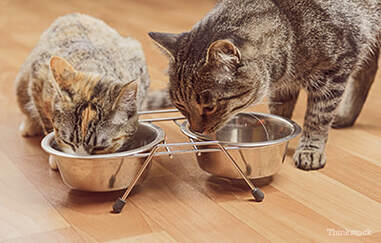
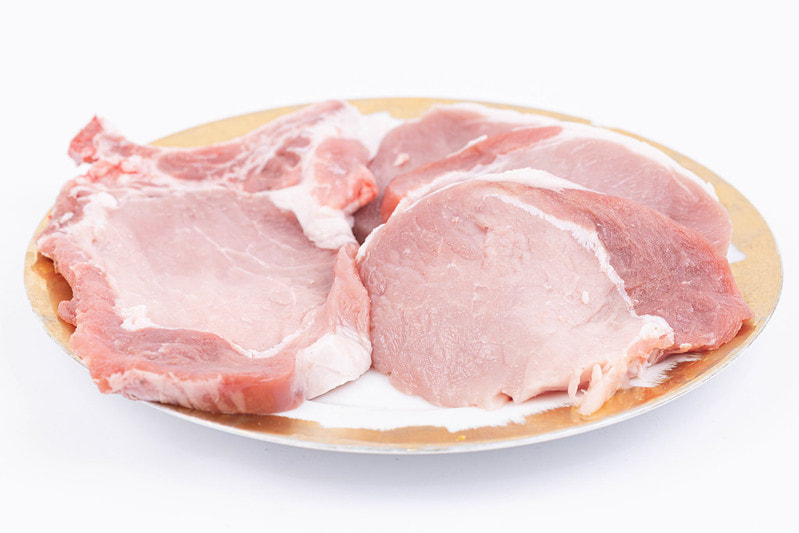

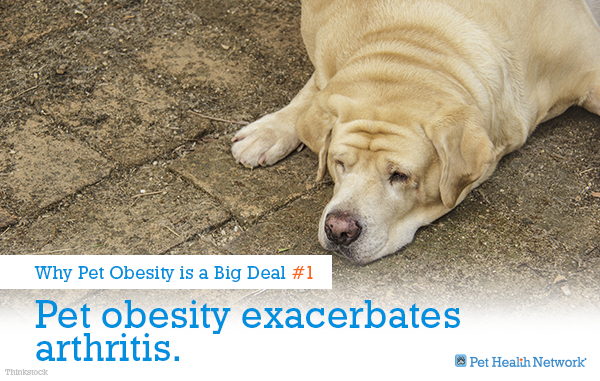
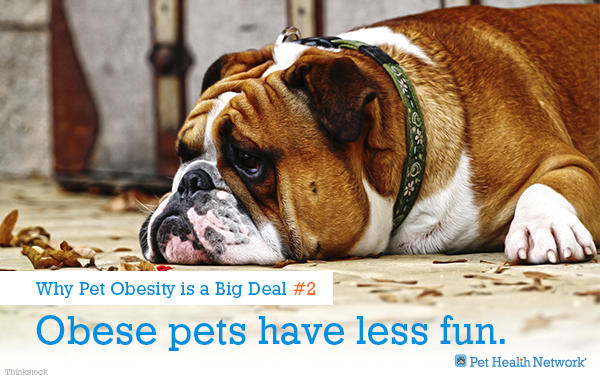
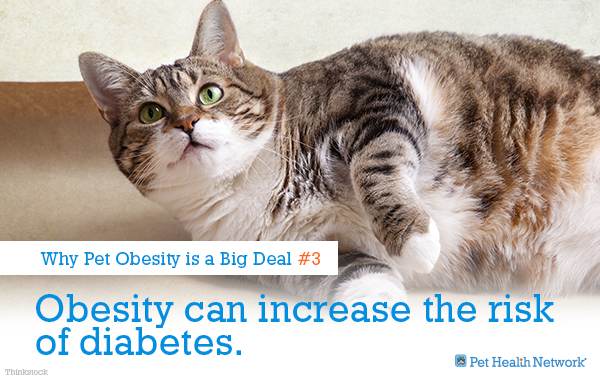
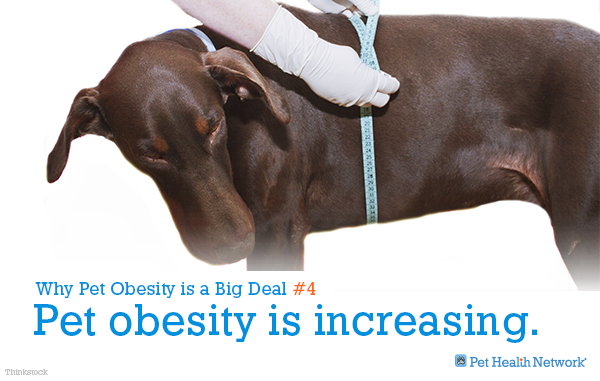
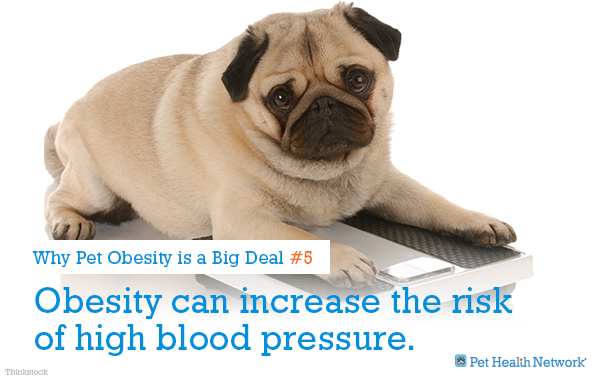
 RSS Feed
RSS Feed
